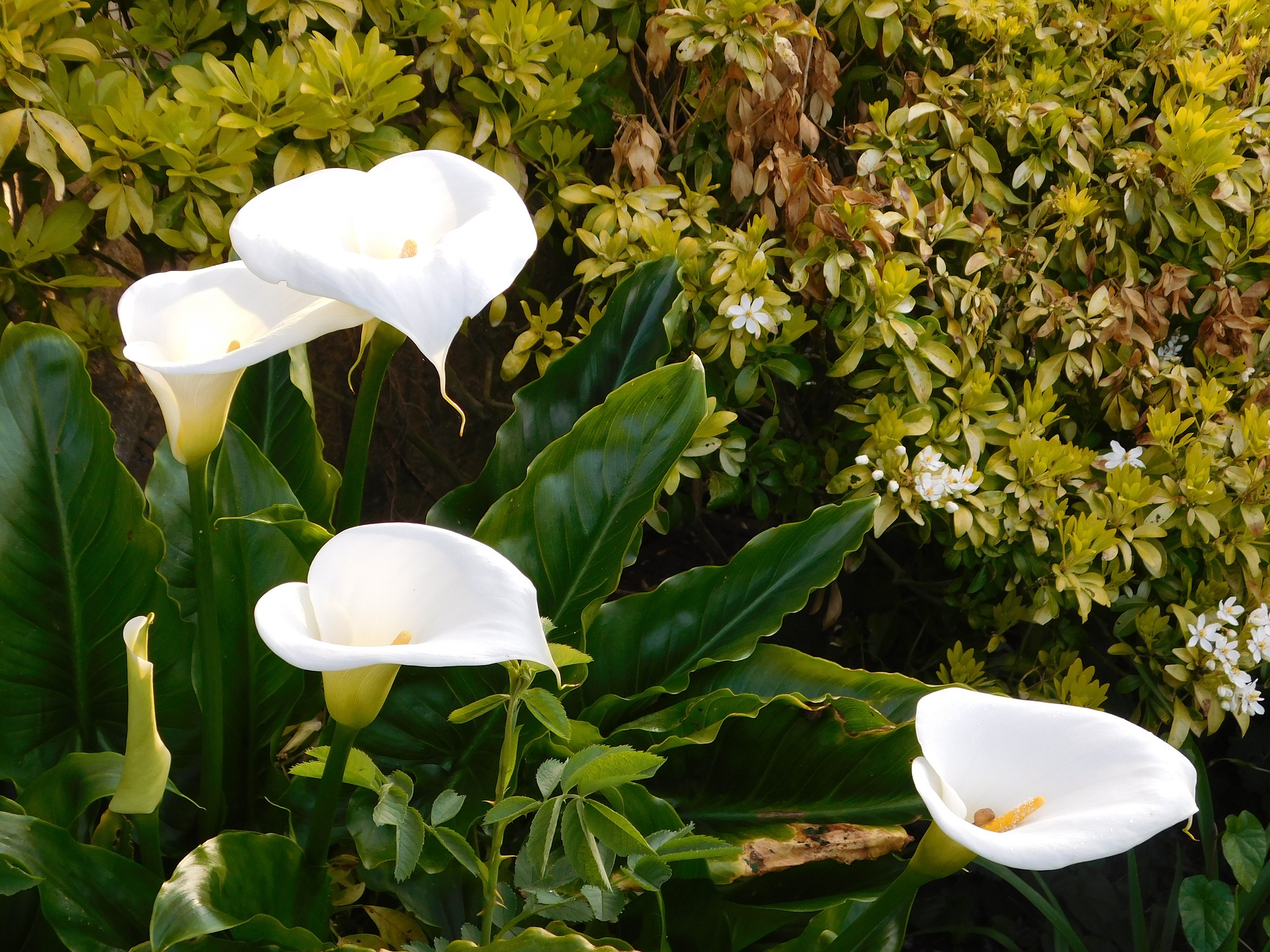 by Sharon Quercioli
by Sharon Quercioli
These are some crazy times we are living in. No matter where you are from—New York or California, the United States, Italy or Japan—we are all going through the same anxieties, worries and concerns. We’re all stuck at home to ensure safety for ourselves as well as others. We’re all in this together.
Of course, being stuck at home has brought on a new set of problems and situations. One is that we are stuck within the same four walls for longer periods of time. While we are encouraged to go out on daily walks to get a little exercise and fresh air, the air inside our homes can get toxic and stale. Besides opening windows or buying expensive air purifiers and filters, what can we do to help clear the air in our homes?
Some of you might already have the answer in your house right now. That is right: HOUSEPLANTS. There are quite a few houseplants that can help clean the air in your homes. The air that you and your family are spending 90% of your time in right now.
How do houseplants clean the air?
Houseplants can absorb gases through the pores on their leaves. This is the same process that they use to covert energy from light and carbon dioxide into chemical energy to fuel their growth.
Scientists have also found that, not only do plants absorb gases (like carbon dioxide), they can also absorb formaldehyde, benzine and other volatile organic compounds from the air. These pollutants have been linked to asthma, nausea, respiratory illnesses and even cancer.
Most leafy plants are adept at purifying the air in the room that they are in; however, some plants are better than others. Let’s talk about those.
Which houseplants are the best at cleaning the air in your home?
Scientists from Penn State University, the University of Georgia and other reputable institutions including NASA have done plenty of research into plants that purify the air. Here are some of the plants that they have found to be the most useful in removing VOC and pollutants from the air.
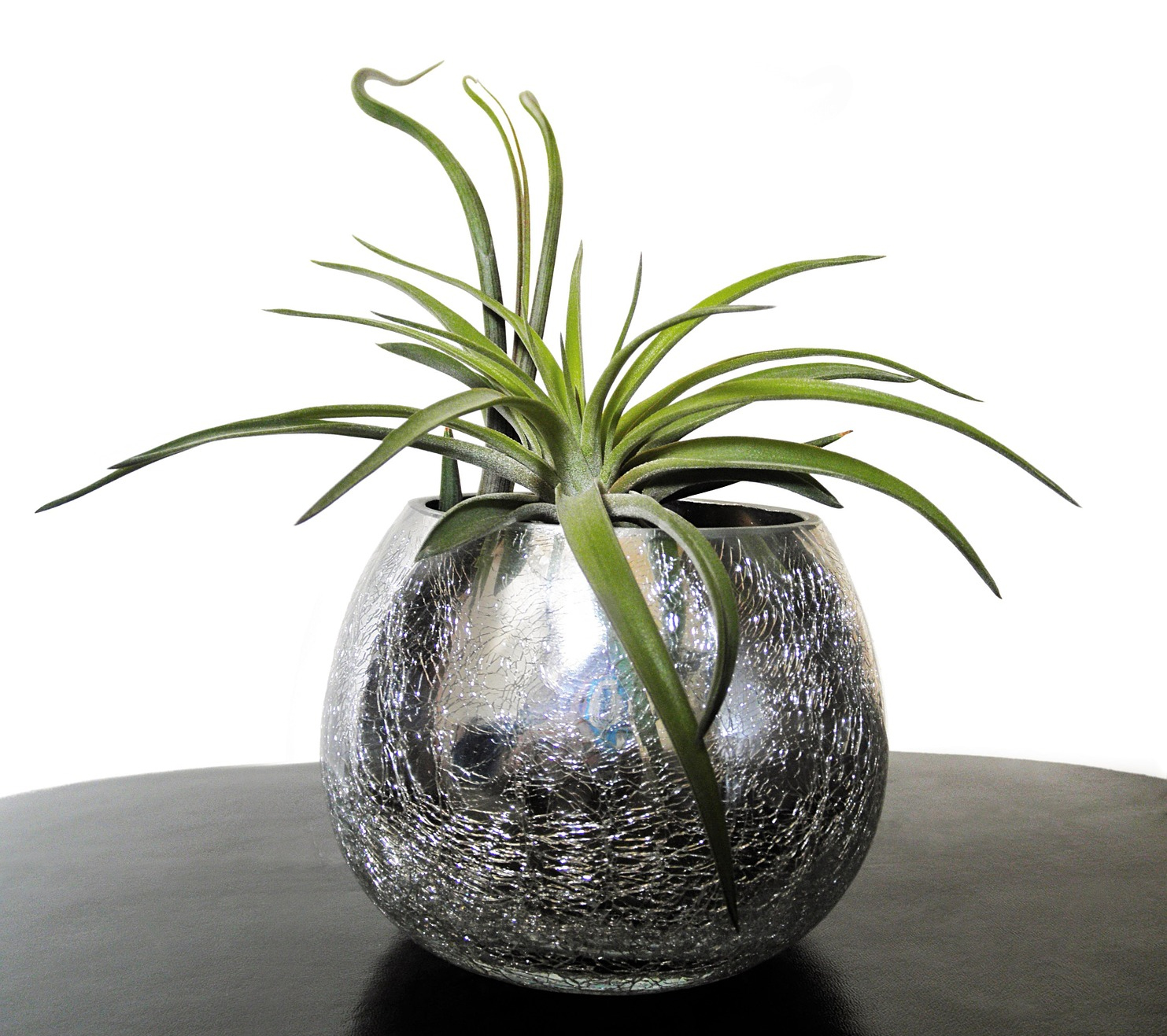
Tillandsias
A Chicago Tribune article (https://www.chicagotribune.com/real-estate/ct-xpm-2012-11-14-sc-home-garden-air-plants-20121114-story.html) reported on a study which concluded that Tillandsias (a type of air plant) takes out most toxins from the air.
“Some Italians did a study two, three years ago that showed the Tillandsias, of all plants on earth, take more particulates out of the air than any other plant,” the article states.
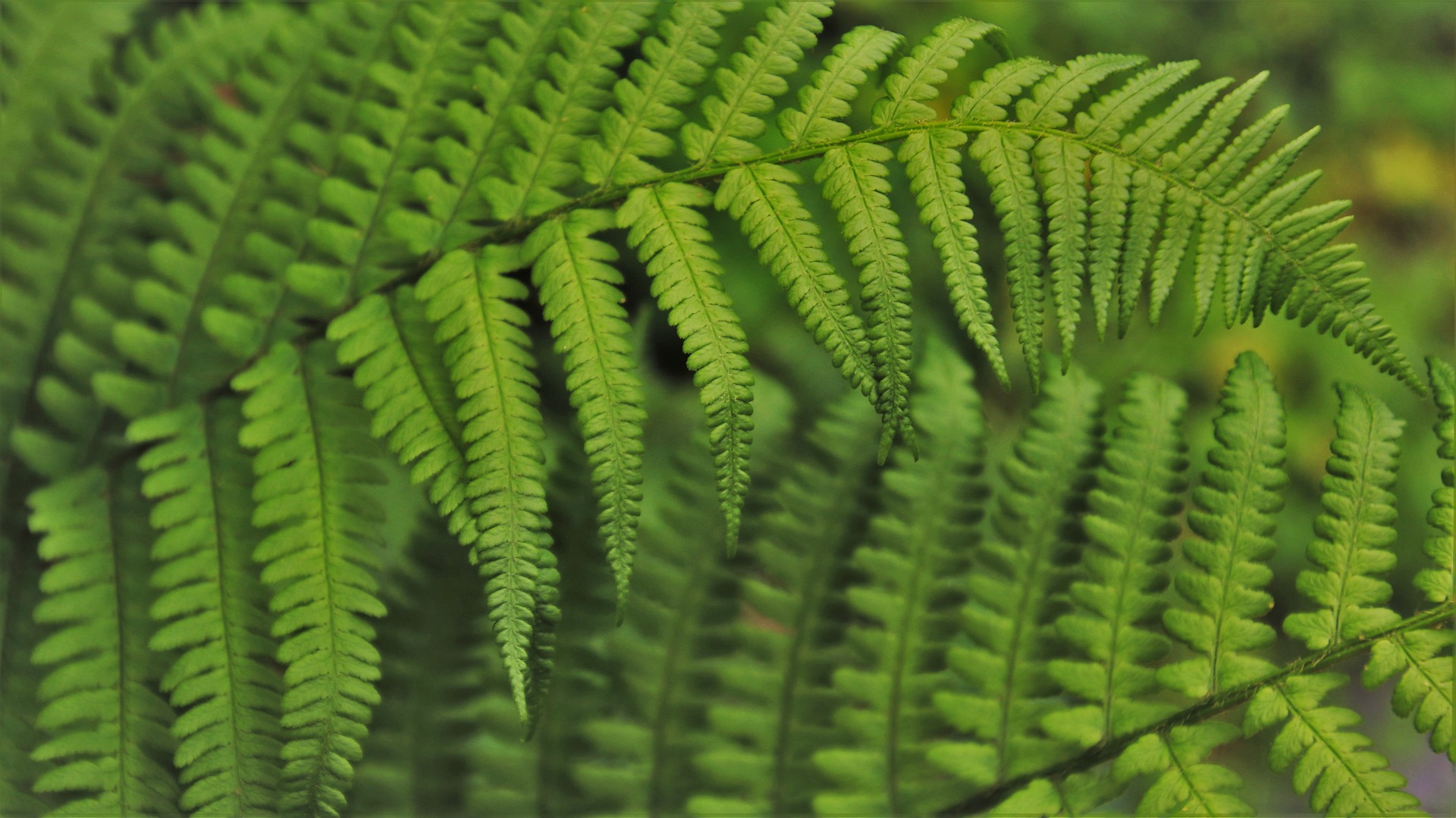
Boston Ferns
Boston Ferns are said to be the most efficient air filtering plant you can buy. They remove formaldehyde better than any other house plant. Keeping a it healthy is pretty simple: feed it plant food once a month and water it regularly.
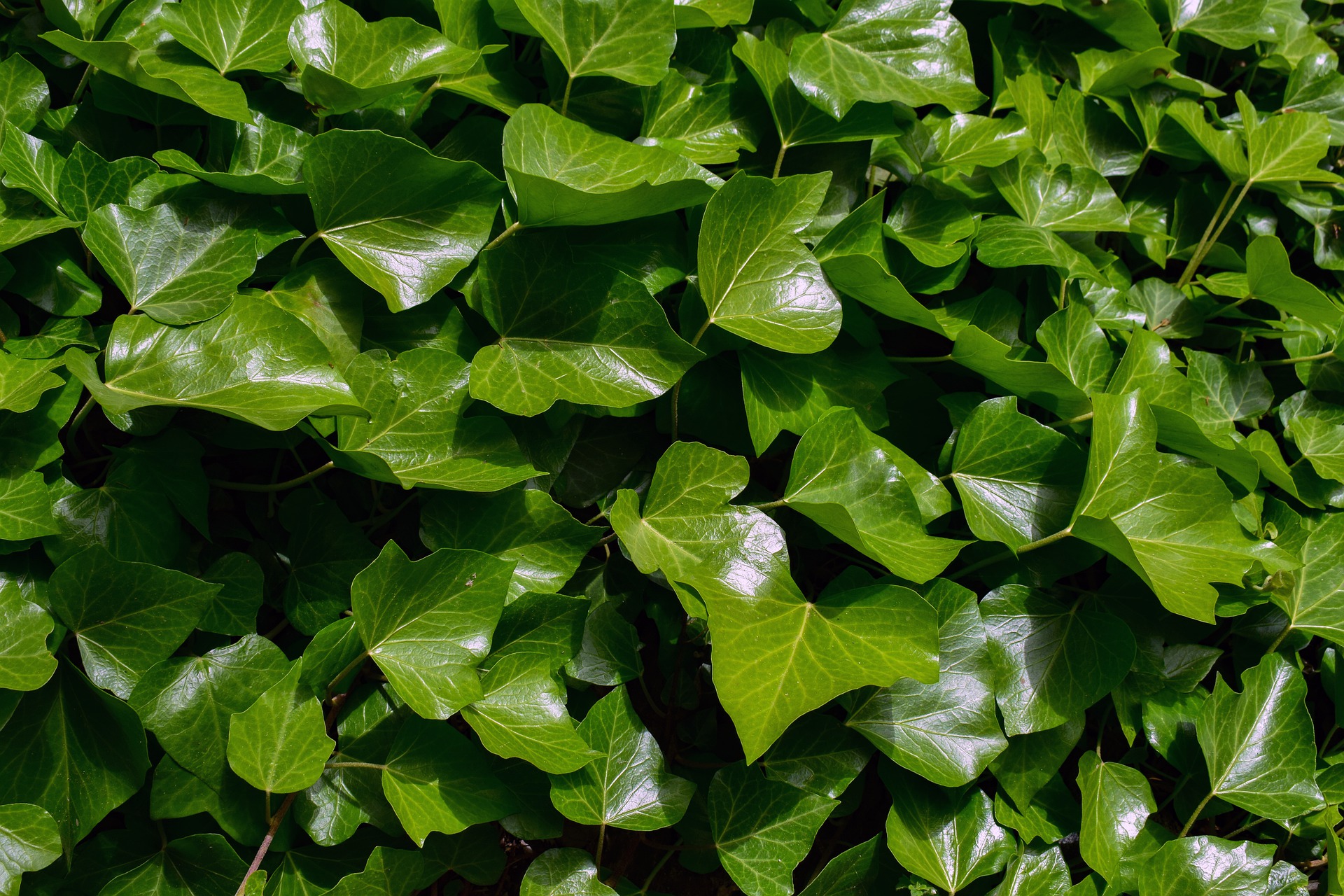
English Ivy
There have been studies that have concluded that English Ivy is great at absorbing formaldehyde from the air as well as toxins and mold. I suggest hanging them in a bathroom if you have a large window that lets in enough light.
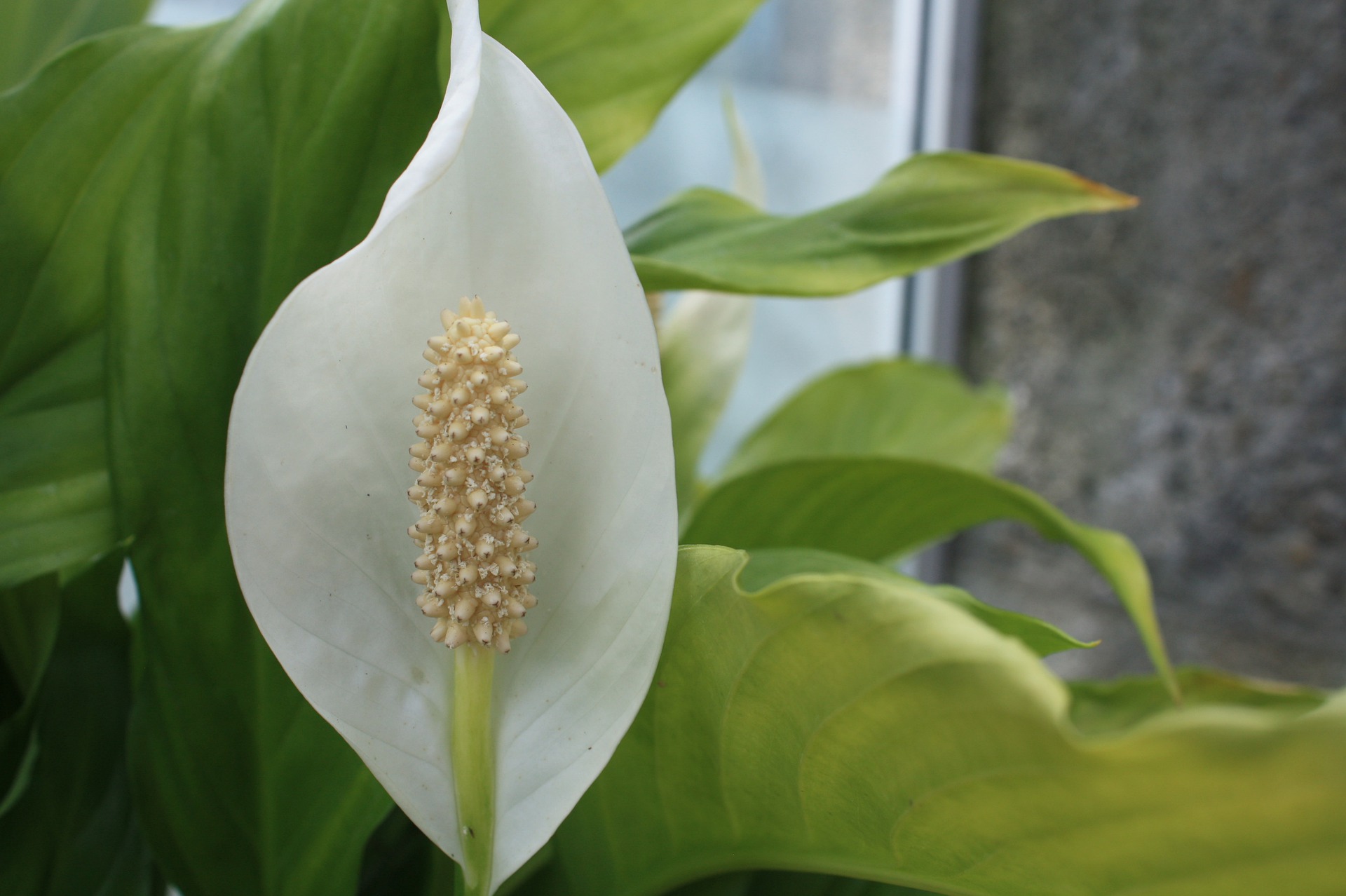
Peace Lilies
Peace lilies are great for removing benzene, trichloroethylene, formaldehyde and xylene. This beauty needs little light and will bloom all year long. They are surprisingly forgiving and thrive in shade and weekly watering. They even add humidity to the air.

Palm Trees
The Dwarf Date is the best, but other good ones include the Bamboo Palm, Lady and Parlor Palm. These beautiful palms will flourish in a sunny spot in your home. They are great at removing trichloroethylene and benzene from whatever room they are in.
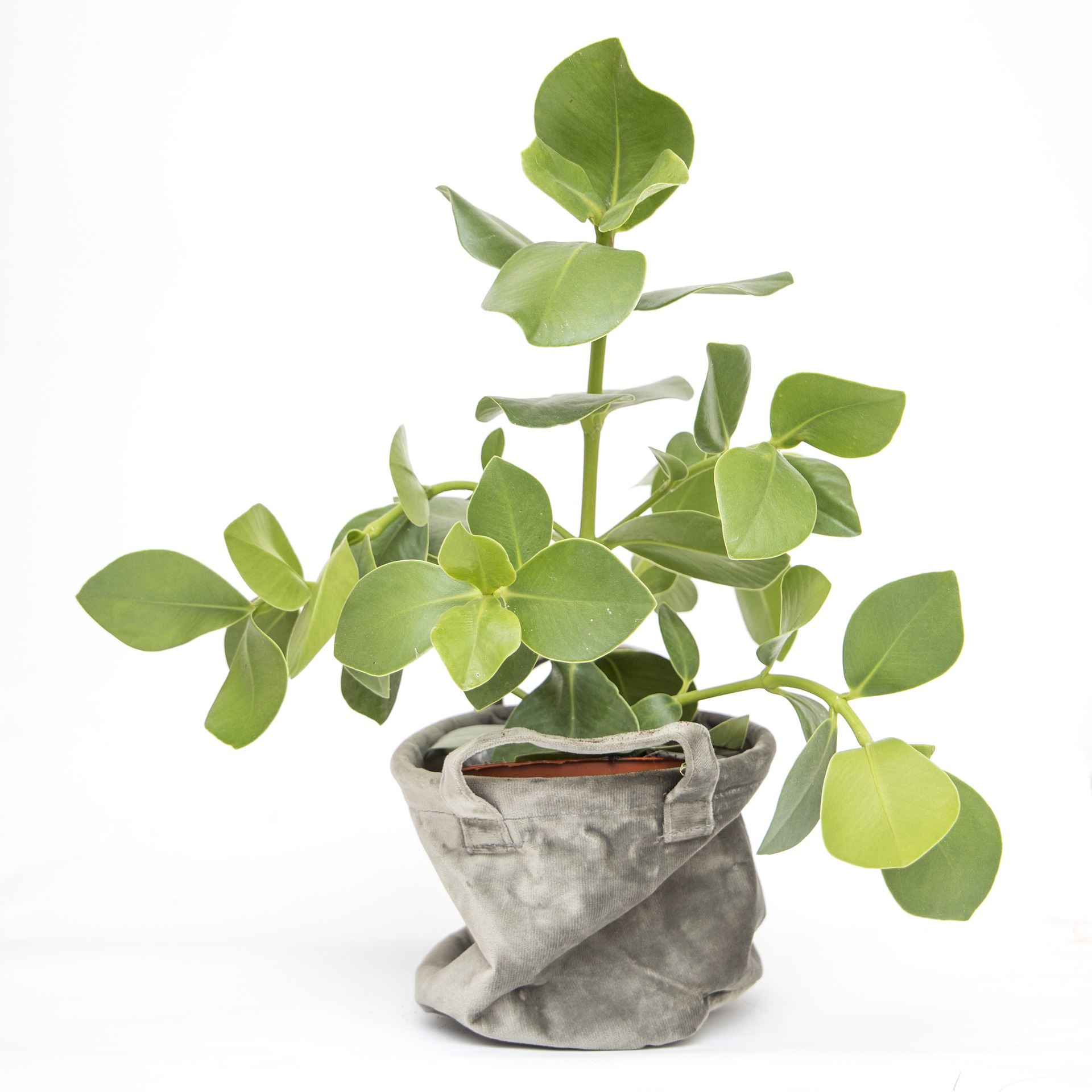
Rubber Plants
Offices always have ferns and ficus plants in pots because of their ability to survive in low light, slow growing nature and their ability to take formaldehyde out of the air. Rubber plants are a type of ficus: ficus elastica to be exact. They are hardy and have a vibrant green that can add a pop of color to almost any décor and do a great job of cleaning the air.
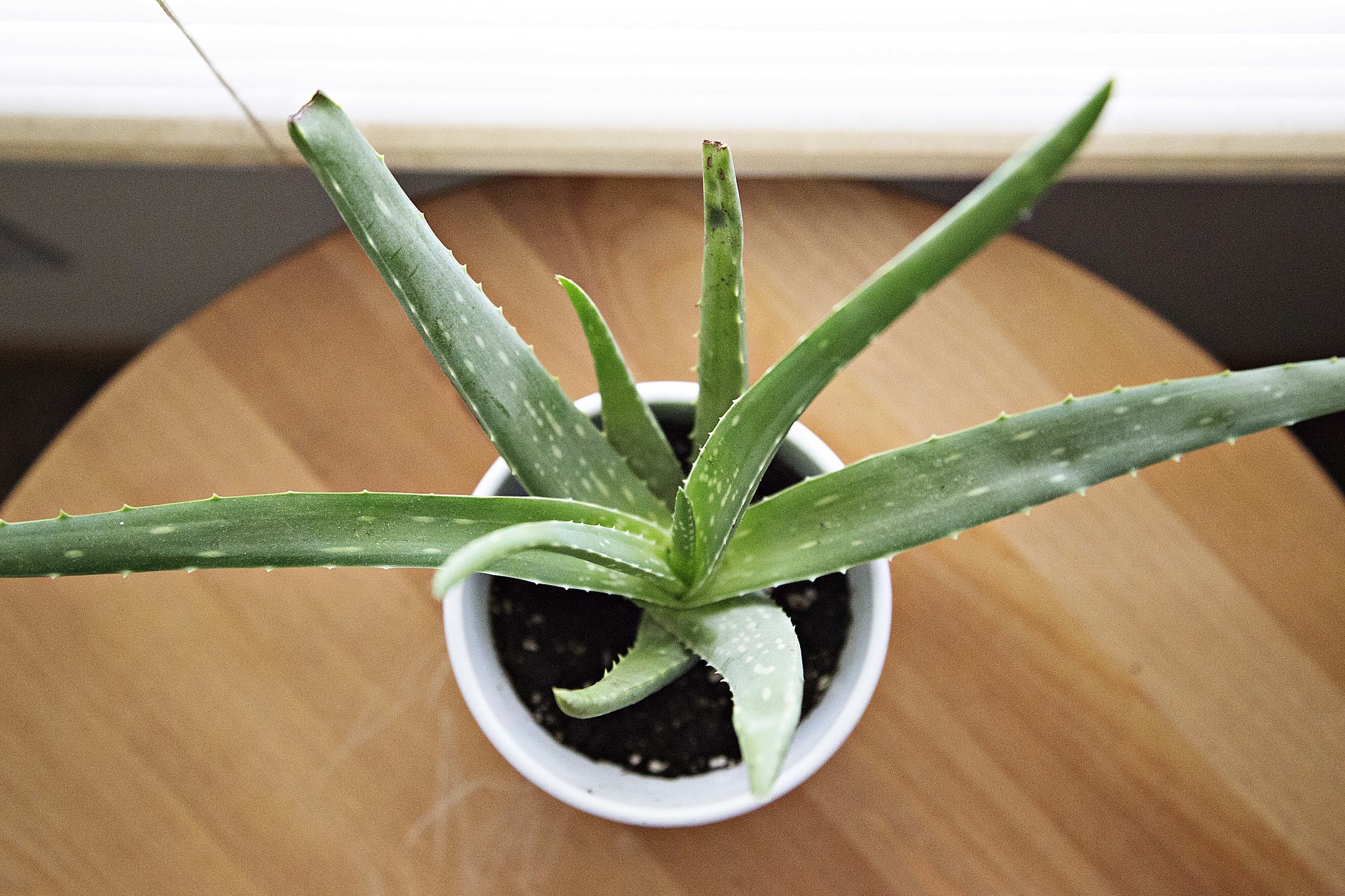
Aloe Vera and Snake Plants
Succulents are trendy right now because of their compact nature, their ability to thrive indoors and the fact that they don’t need as much care as other plants. Don’t let that fool you, though.
Aloe Vera is great because it helps clear benzene and formaldehyde from a room. They thrive in the sun (so consider buying a small plant and placing it in a kitchen window). Let’s not forget the gel they provide, which helps heal cuts and burns. Snip off a small portion and squeeze out a little gel from the cutting. The leaf should heal up and continue to grow.
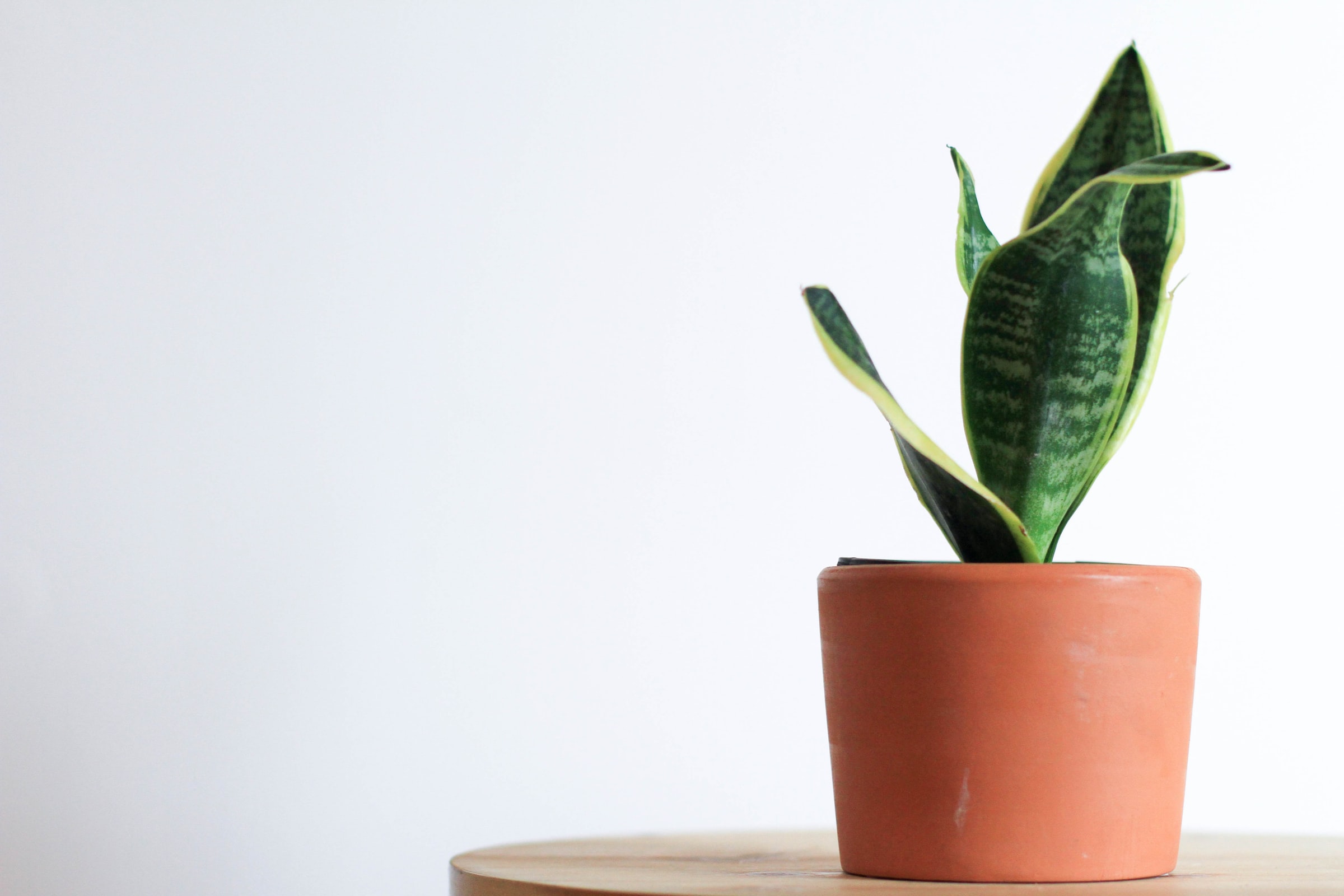
Snake plants are great in low-lit rooms and human conditions (so they are great for bathrooms) and are great for getting rid of formaldehyde.
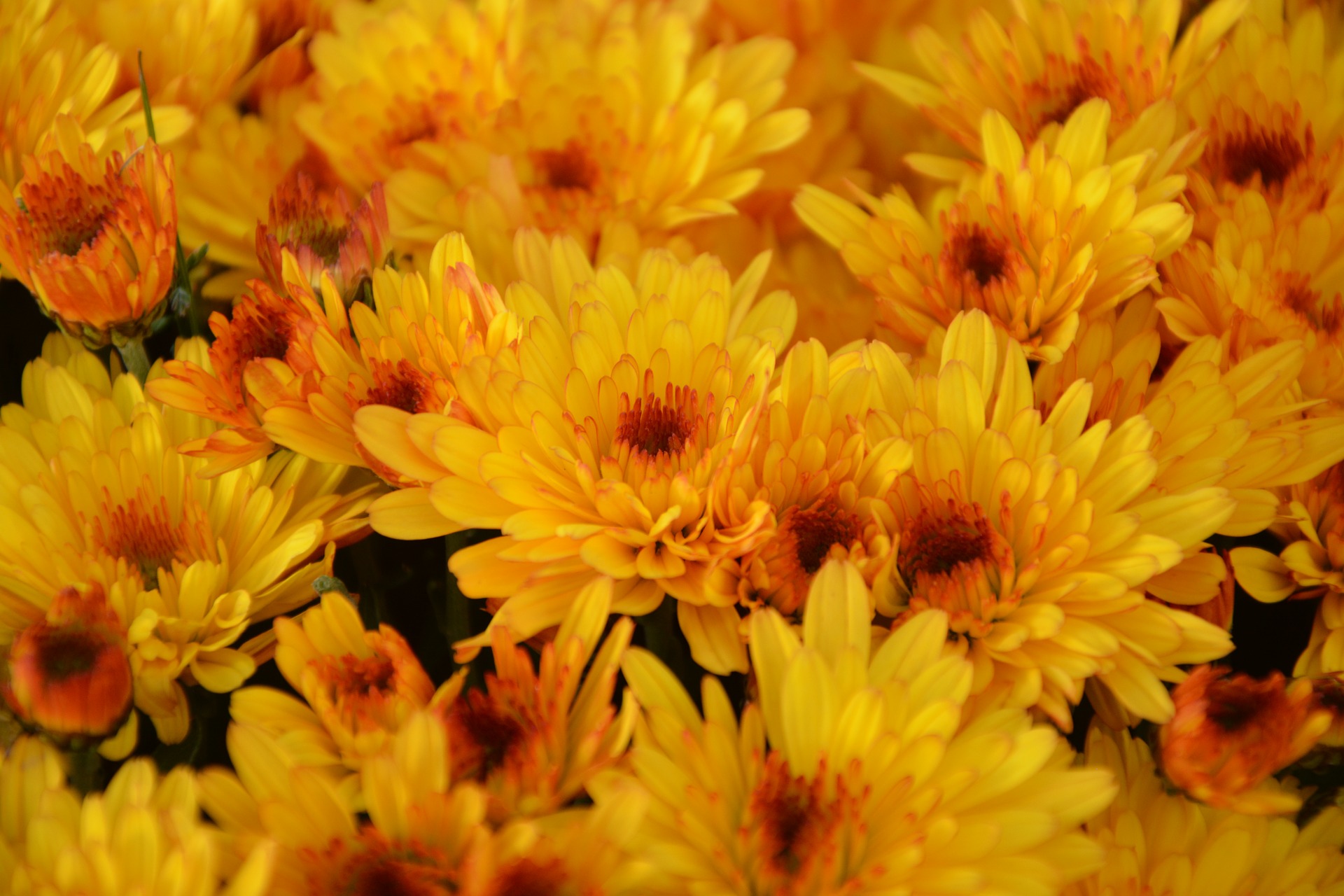
Mums
Mums are so bright and beautiful! It’s like bringing actual sunlight into a room! Not only that, they can also remove benzene (which can be found in most plastics, cigarettes and household chemicals). Unfortunately, they only flower once (they are annuals), and they produce pollen to which some people are allergic. So read up on these beauties before you go out and get one.
What’s the deal with formaldehyde?
I’ve mentioned formaldehyde a lot. Why is it so important to get rid of the formaldehyde in the air? Well, it is a colorless gas used in making building materials found in most home goods: like pressed wood products (particle board), glues and adhesives, paper products, tobacco smoke, and insulation. It’s also naturally occurring in our environment. It’s even a byproduct of us! We make small amounts of it through our normal metabolic processes.
Why is it so important? Studies have shown that exposure to high amounts of formaldehyde can cause cancer in lab test animals. This is why having plants that can naturally absorb it through their leaves can be so helpful!
Other Benefits of Houseplants
In addition to cleaning the air in your home, houseplants remove impurities from the air and help add warmth and serenity of your environment. They help bring character to a room, compliment the furnishings around your house and can make spaces feel happier and sunnier.
Being around nature is great for our mental health. Some of us who live in neighborhoods that don’t have parks or aren’t around nature might feel especially stuck during these times. After all, staying at home means that we should stay in our neighborhoods as much as we can. While we’re allowed to go out and walk to get some fresh air, the regulations don’t specify the need to be in nature. The answer: bring nature to us.
They also provide teachable moments for your kids. They’ll learn about how plants grow and offer ways to teach your children about responsibility. They require more care than inanimate objects but less care than a pet.
While there isn’t research that 100% guarantees the effectiveness of plants on your physical and mental health, there is enough research to suggest that they are helpful. Their capacity to remove VOCs from the air is reason enough to bring some house plants to your family.
HERE’S TO KEEPING YOUR AIR CLEAN!

Great article! I’m going to run out and buy some of these plants A.S.A.P.
Thank you for keeping us up to date on the things that keep us healthy!
Thank you Wanda!